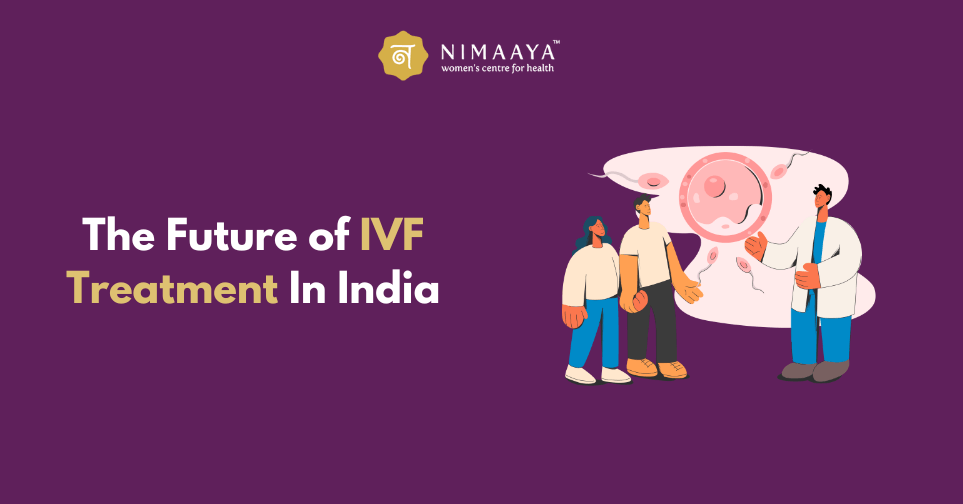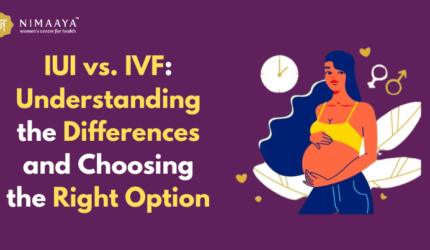IVF in India: A Booming Demand
The realm of the Future of IVF in India has witnessed an exponential surge in demand in recent years, reflecting a significant societal shift in attitudes toward fertility treatments. Couples facing challenges in conceiving naturally are increasingly turning to assisted reproductive technologies (ART) like IVF as a ray of hope for achieving parenthood. Factors contributing to this growing demand include:
- Better awareness about infertility treatments.
- Increased acceptance of IVF as a viable option.
- A rise in infertility cases due to various lifestyle and medical factors.
As the word spreads about the success stories of couples who have realized their dreams of having a family through IVF, more individuals seek fertility treatments in India.
The Rising IVF Market Growth in India
India’s IVF market has experienced remarkable growth over the years, driven by various factors transforming the country’s fertility treatment landscape. The prevalence of infertility has risen due to delayed childbearing, lifestyle changes, and environmental factors. To meet this growing demand, fertility clinics have evolved significantly, equipped with state-of-the-art facilities and staffed by skilled fertility specialists. These clinics now provide world-class infertility treatments, making India a prominent destination for those seeking practical and advanced IVF solutions. With a considerable increase in IVF success rates, the demand is from local couples and international patients, turning India into a hub for medical tourism in assisted reproductive technologies.
Assisted Reproductive Technologies in India: Trends and Innovations
Assisted Reproductive Technologies (ART), including IVF, continue to evolve rapidly in India. As medical science progresses, the field of reproductive medicine witnesses the development of novel techniques and breakthrough treatments. Genetic screening of embryos has become a significant trend, enabling the selection of genetically healthy sources for transfer. Additionally, personalized therapies tailored to individual patient needs have gained traction, offering a higher chance of successful conception. Fertility clinics now provide comprehensive egg donation treatments and surrogacy treatment, catering to diverse patient requirements. The constant innovation and exploration of cutting-edge technologies in ART reflect a promising future for IVF in India.
IVF Success Rates in India: An Encouraging Outlook
The growing expertise of fertility specialists and advancements in technology have steadily improved IVF success rates in India. With a greater understanding of patient needs and improved laboratory techniques, clinics are enhancing embryo quality, implantation rates, and overall treatment outcomes. Many couples who had struggled for years with infertility have finally achieved their long-awaited dreams of parenthood through successful IVF treatments. These inspiring success stories further fuel the confidence of individuals seeking fertility treatments, making IVF an increasingly viable option for overcoming infertility challenges.
IVF Cost and Accessibility in India
Accessibility and affordability are crucial factors in determining the adoption of IVF treatments. India’s IVF clinics strive to balance quality and cost-effectiveness, making infertility treatments more accessible to a broader population. Compared to Western countries, IVF costs in India are relatively lower, attracting not only local couples but also international patients. The country’s reputation as a destination for medical tourism in IVF has further reinforced its commitment to offering world-class care at competitive prices. As technology and research progress, there is optimism that the costs will continue to decrease, widening the reach of assisted reproductive treatments for individuals seeking fertility solutions.
Reproductive Health in India: Addressing Infertility Challenges
Infertility can be an emotionally challenging journey for couples, affecting their mental and emotional well-being. As the landscape of reproductive health in India evolves, there is a growing emphasis on addressing the emotional aspects of infertility and providing comprehensive support to couples during their IVF journey. Fertility clinics are crucial in offering counseling, emotional support, and personalized care, ensuring patients feel nurtured. The increasing focus on empathy and understanding from medical professionals and society is paving the way for a more sensitive approach to fertility treatments in India.
IVF Regulations and Policies in India
With the rise in IVF demand, robust regulations, and policies to ensure ethical practices and patient safety become paramount. India has made significant progress in establishing guidelines and standards for assisted reproductive treatments, including IVF. The continuous efforts to improve and update regulations will play a crucial role in maintaining the integrity of the IVF sector in India. By ensuring that fertility clinics adhere to ethical practices, the government is building public trust and confidence in assisted reproductive technologies.
Challenges and Opportunities in the IVF Sector
Despite the significant advancements, the IVF sector in India also faces specific challenges. One of the primary challenges is the need for enhanced awareness and education about fertility treatments. There is a considerable segment of the population that remains unaware of the possibilities offered by IVF. Addressing this need for more understanding will be crucial in reaching out to more couples who could benefit from fertility treatments. Additionally, managing the cost of advanced procedures remains challenging for some couples. However, these challenges present opportunities for the IVF sector to collaborate, innovate, and explore cost-effective solutions that can improve treatment accessibility for all.
Future Prospects and Emerging Fertility Treatments
The future of IVF in India holds immense promise as the field of assisted reproductive technologies continues to advance. Genetic screening and selection of embryos have opened new avenues for increasing IVF success rates. As medical science progresses, new emerging fertility treatments are likely to play a crucial role in shaping the future of IVF in India. Innovations in laboratory techniques, such as time-lapse embryo imaging and pre-implantation genetic testing, offer hope for more successful and personalized fertility treatments. As the country embraces technological advancements and research, the future of IVF appears brighter than ever.
Conclusion
The future of IVF in India is characterized by increasing demand, market growth, and a strong focus on innovation. As awareness about infertility treatments grows, the stigma surrounding IVF diminishes, making it a preferred option for couples facing fertility challenges. The unwavering commitment of fertility clinics, skilled specialists, and supportive policies ensures that India remains at the forefront of the global IVF landscape. With technological advancements and the emergence of novel fertility treatments, the future holds immense promise for individuals seeking to fulfill their dreams of parenthood through IVF in India.











